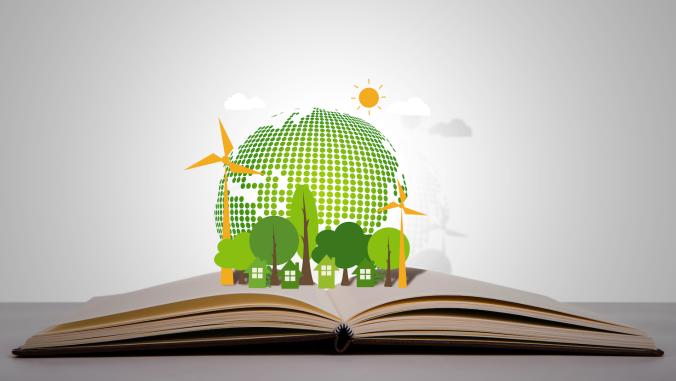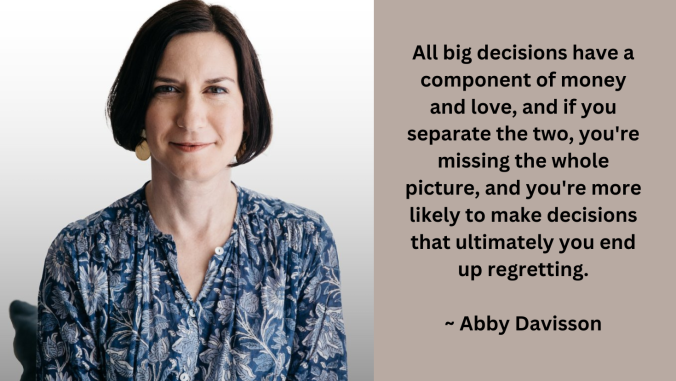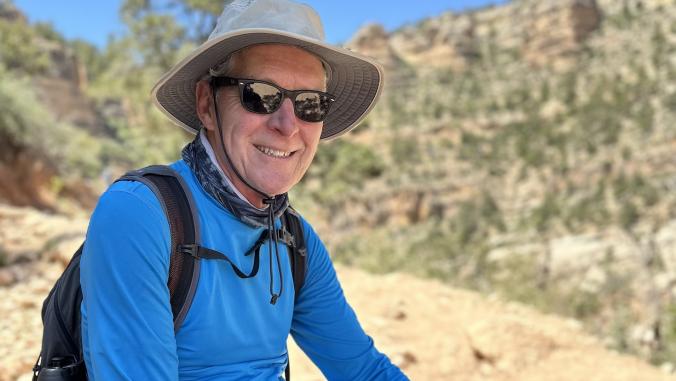Calling all value creators, futurists and change agents
A new BSR report finds that evolving roles for the sustainability sector will open exciting leadership opportunities within global companies.

By any definition, 2017 was a tumultuous year, so I was pleased (and not at all surprised) to see BSR kick off 2018 with a new report: Redefining Sustainable Business, which showcases how sustainability is implemented inside companies.
With so many changes underfoot, what does that mean for the role of sustainability in global companies?
BSR’s report calls on sustainable business leaders to redefine the purpose of sustainable business, from a separate function that is integrated into business to the very thing that forms the foundation of business itself. Sustainability, BSR argues, should be used as a frame for growth and value creation.
To reorient business around sustainability, BSR proposes its "Act, Enable, Influence" blueprint: Companies can act by creating resilient business strategies, governance and leadership approaches; they can enable sustainability by partnering with others and reporting in a meaningful and transparent way, and they can influence by advocating for policies that "strengthen the relationship between commercial success and the achievement of a just and sustainable world."
What sustainability leaders need to know
For me, the heart of this paper is about the new role for the sustainability function. No longer are sustainability practitioners and leaders the risk assessors and mitigators; they’re the value creators, futurist, change agents and coalition builders.
Here’s how BSR defines these roles:
- Value creators: These people identify and pursue opportunities to build value for the business.
- Change agents: They draw on influence and change-management skills to, as one interviewee put it, "move lines."
- Coalition-builders: These quiet leaders look for areas where the company’s thinking and movement is already aligned with sustainability progress, and they build coalitions to scale up that work.
- Futurists: These people are the long-term thinkers who understand risk, but also see opportunities to create value, even in the face of complexity.
Each of these roles requires new job descriptions that place a premium on different skills and competencies, such as an orientation toward change and progress, and the ability to engage with people and organizations beyond the usual suspects — particularly underserved populations. Importantly, BSR noted, sustainability leaders must focus on innovation and "explore the creation of market opportunities, not only the adverse social impact of market failures."
Much of what BSR learned through its interviews with more than 50 sustainability leaders resonates with a survey I conducted last year with more than 60 sustainability professionals on the expanding role of sustainability leadership: Sustainability has become a defining part of the business purpose, and this requires sustainability practitioners to embrace new skills.
"Sustainability people are translating what is happening in society to the company and vice versa," said one of the leaders interviewed for the report. "For this, brand new competencies are needed."
Why is this important right now?
As report coauthor and BSR Director Alison Taylor noted, sustainability strategies always have been driven by the issues, such as climate change, diversity and inclusion and human rights. As a recruiter, I find that the issues also drive the search for talent.
Taylor said this misses the point. "We need to look closely at the factors that drive success or failure for sustainability teams inside an organization," she said. "We need to move beyond a 'whatever works' mindset and think carefully about governance, management structures and equipping sustainability professionals of the future with change-management expertise."
What can you do to ensure a sustainable future?
We have been talking about the future of sustainable business for years, and the roles BSR outlines make perfect sense. So why aren’t we there yet? What is stopping sustainability professionals from embracing these roles? And why don’t their colleagues see them as change-makers who are critical to the future of business?
When I asked Taylor these questions, she replied that the lack clarity on the sustainability role is creating internal tension and conflict. "There is no core sustainability skill set; rather a group of relevant competencies," she noted.
It’s time to change that. "We need to emphasize and embrace our role as change agents and coalition-builders, and the profession as a whole needs to focus much more tightly on its role in the organization and have a realistic discussion about what that looks like," Taylor added.
So now I put those questions to you: What would it take for you to reimagine your role as a change agent? How can you build a coalition to redefine the role of sustainability in your company?





